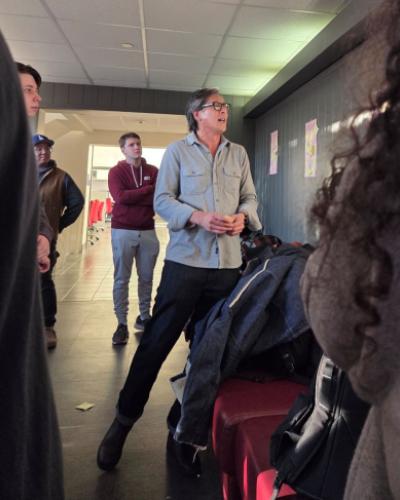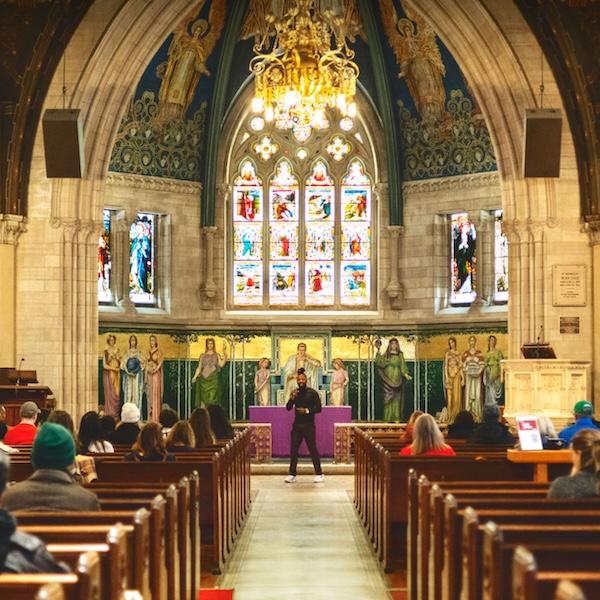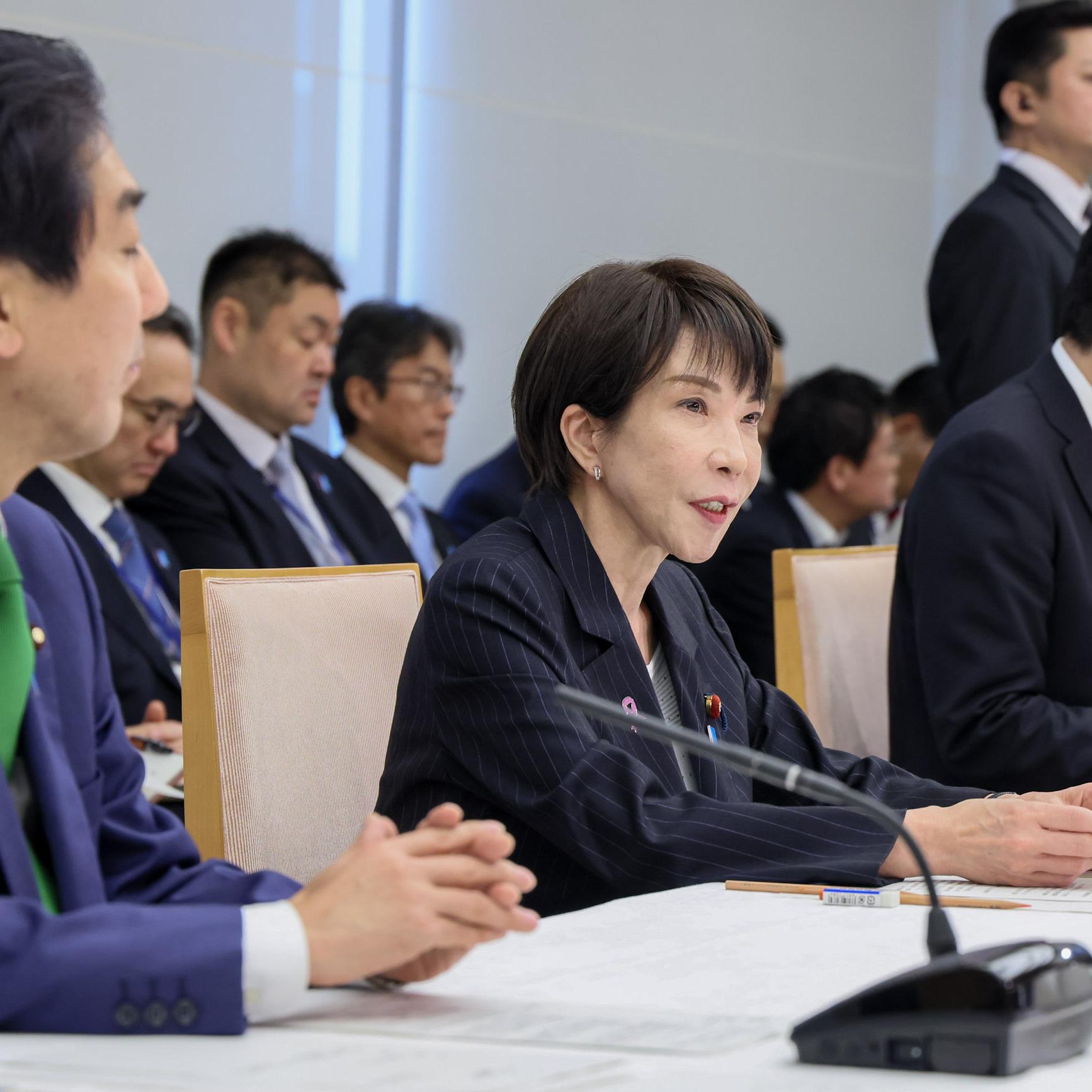
 Department Homepage
The College of Arts & Sciences
Department Homepage
The College of Arts & Sciences
Center’s grants seed diverse research in the social sciences
How do perceptions of luck shape views about inequality and redistribution? Could interventions nudge hiring managers to evaluate job candidates blindly, and thus more objectively? Has remote instruction during the pandemic improved student interactions and equity in science labs?



